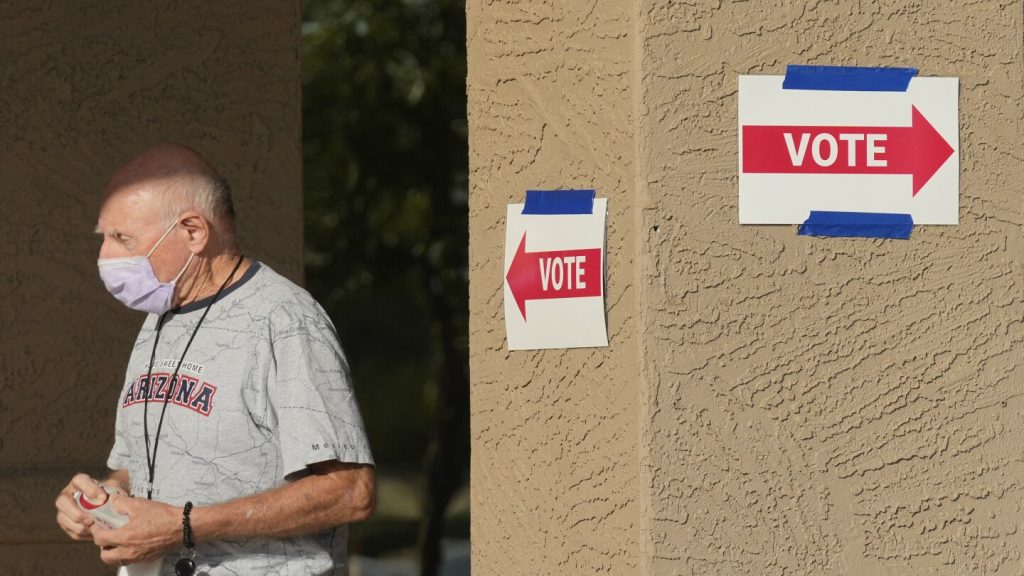The U.S. Supreme Court has issued a divided 5-4 order rejecting a Republican push that aimed to block more than 41,000 Arizona voters from casting ballots for president in the swing state. The push was in response to voting measures enacted after President Joe Biden won Arizona over Donald Trump by less than 11,000 votes. The court’s decision allows some parts of a law requiring proof of citizenship to be enforced, while also upholding restrictions that bar people from voting in state and local elections without providing proof of citizenship.
The enforcement of the restrictions means that Arizona counties will now reject state voter registration forms submitted without “documentary proof of citizenship.” This decision comes close to the November election, raising concerns about creating confusion for voters. Proponents of the law argue that it is necessary to eliminate opportunities for fraud, while critics, such as election law expert Rick Hasen, warn that such proof of citizenship laws could disenfranchise thousands of eligible voters for no valid reason. The court’s action follows a legal battle over voter registration restrictions enacted by Republicans in Arizona following Biden’s victory in 2020.
The measures requiring proof of citizenship were passed on party-line votes and signed into law by then-Gov. Doug Ducey. While proof of citizenship is necessary for state and local elections, it is not required for federal elections involving Congress or the president. As a result, tens of thousands of voters in Arizona are registered solely for federal elections without providing proof of citizenship. The GOP push to block these voters would mainly impact groups like military service members, students, and Native Americans. Voting rights groups and the Biden administration have sued over the Arizona laws, while Republican attorneys general in 24 other states have supported the restrictions.
The issue of federal-only voters in Arizona has been a subject of political debate since a 2013 Supreme Court ruling prevented the state from requiring documentary proof of citizenship for national elections. The state responded by creating two classes of voters, with one group able to vote in all races and the other only in federal elections. One of the contested laws in Arizona sought to further divide voters by allowing votes in congressional elections without proof of citizenship while denying the vote in presidential contests. The Arizona Supreme Court also ruled on other election-related cases, allowing ballot measures, including one on open primary elections, to appear before voters. Similar ballot measures on open primaries will also be decided in states like Idaho, South Dakota, and Nevada in the upcoming November election.


